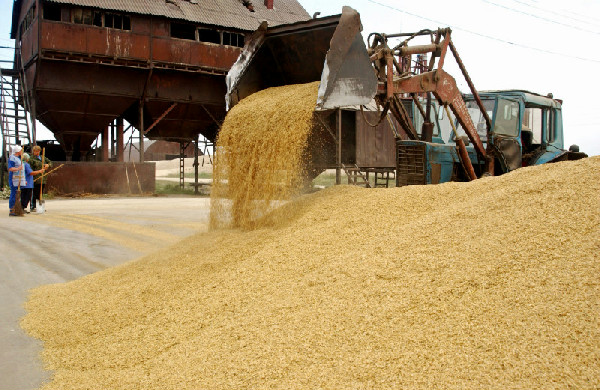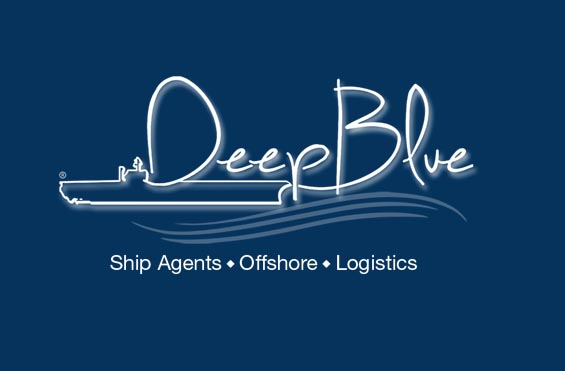President Vladimir Putin said on Tuesday that Russia was considering withdrawing from the Black Sea grain deal because the West had cheated Moscow by implementing none of the promises to get Russian agricultural goods to world markets.
The deal allowing Ukraine to resume seaborne grain exports was brokered by the United Nations and Turkey in July last year to help tackle a global food crisis the U.N. said had been exacerbated by Europe’s deadliest conflict since World War Two.
To convince Moscow to approve the pact, known by diplomats as the Black Sea Grain Initiative, a three-year accord was struck at the same time under which U.N. officials agreed to help Russia with its own food and fertilizer exports.
But Putin said that commitment had not been honoured due to the perfidy of the West. In response, Russia has slowed down Black Sea grain shipments.
“We are thinking about getting out of this grain deal now,” Putin told a meeting of Russian war correspondents and military bloggers.
“Unfortunately, we were once again cheated – nothing was done in terms of liberalising the supply of our grain to foreign markets. There were a lot of conditions that the Westerners had to fulfill under the leadership of the U.N.
“Nothing has been done,” Putin added.
Western powers have imposed what they cast as the toughest sanctions ever on Russia over its full-scale war in Ukraine launched on Feb. 24, 2022.
While Russia’s food and fertilizer exports are not sanctioned, the West’s restrictions on payments, logistics and insurance pose barriers to shipments, according to Moscow and major Russian grain and fertiliser exporters.
HURDLES REMAIN
U.N. spokesman Stephane Dujarric said on Tuesday some progress has been made by U.N. officials to smooth Russia’s exports, but “there are some hurdles that remain”.
“We don’t hold all the levers of power in order to facilitate the export of Russian grain and fertilizer, which is not sanctioned,” Dujarric said.
The United States called on Russia to stop threatening global food supplies.
“The world deserves certainty that this corridor for grain and food exports will be there on a sustainable basis, and that it will get to global markets so that the world can continue to be fed,” said a White House National Security Council spokesperson.
Russia and Ukraine are two of the world’s top agricultural producers, and major players in the wheat, barley, maize, rapeseed, rapeseed oil, sunflower seed and sunflower oil markets. Russia is also dominant in the fertiliser market.
U.N. Secretary-General Antonio Guterres said on Monday he was concerned Russia would on July 17 quit the grain deal.
“We are working hard in order to make sure that it will be possible to maintain the Black Sea initiative and at the same time that we are able to go on in our work to facilitate Russian exports,” Guterres told reporters.
DEMISE OF THE DEAL?
Putin made it absolutely clear that Russia is considering stopping participation in the grain deal.
He said he would discuss its future with some African leaders expected to visit Russia soon, adding that Moscow was ready to supply grain for free to the world’s poorest countries.
“Almost nothing goes to African countries,” Putin said of the current situation, adding that Moscow had agreed several times to extend the deal but had nothing to show for doing so.
The United Nations has always said the Black Sea grain deal was a commericial enterprise and not intended to be entirely humanitarian, but that it benefited poorer countries by helping lower food prices globally.
“We’re interested in seeing this (deal) continue in order to ensure that food prices do not go back up,” Dujarric said.
According to U.N. data more than 31 million tonnes of mainly corn and wheat has so far been exported by Ukraine under the Black Sea deal and the top destinations have been China, Spain, Turkey, Italy, the Netherlands, Egypt and Bangladesh.
The current deal will expire on July 17 unless Russia agrees to extend.
Russia’s specific demands are that Russian Agricultural Bank (Rosselkhozbank) be reconnected to the SWIFT payment system, that supplies of agricultural machinery and parts to Russia needed to be resumed, and that restrictions on insurance and reinsurance needed to be lifted.
Other demands include the resumption of the Togliatti-Odesa ammonia pipeline that lets Russia pump the chemical to Ukraine’s main Black Sea port, and the unblocking of assets and accounts of Russian companies involved in food and fertiliser exports.
Source: Reuters (Reporting by Reuters; writing by Guy Faulconbridge, Gareth Jones and Michelle Nichols; editing by Mark Heinrich)

